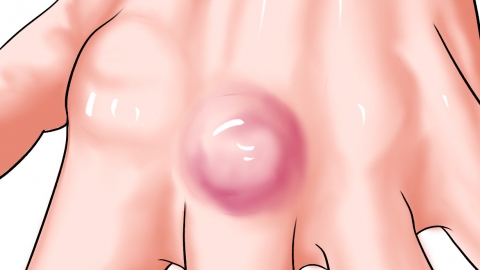How is rheumatoid arthritis treated?
Generally speaking, rheumatism usually refers to rheumatoid arthritis (RA), which may be caused by environmental factors, genetic factors, smoking, autoimmune responses, infections, and other factors. It is recommended to seek timely medical consultation, identify the underlying causes, and then alleviate symptoms under the guidance of a qualified physician through general treatments and medication. A detailed explanation is as follows:

1. Environmental Factors
Environmental factors may promote autoimmune responses by affecting the balance of the immune system, potentially increasing the production of inflammatory mediators, thereby leading to rheumatoid arthritis. This may be accompanied by systemic symptoms such as respiratory inflammation and cardiovascular disease. It is recommended to modify lifestyle habits, quit smoking, maintain a balanced diet, exercise moderately, and reduce occupational exposure.
2. Genetic Factors
Rheumatoid arthritis has a certain genetic predisposition. Variations in genetic makeup may affect immune system regulation and increase the risk of autoimmune reactions, leading to rheumatoid arthritis. This may be accompanied by systemic symptoms such as fatigue, fever, and weight loss. It is recommended to seek timely medical attention and follow medical advice for drug treatment, such as using Celecoxib Capsules, Prednisolone Tablets, and Ifosfamide for Injection.
3. Smoking
Smoking introduces harmful substances like nicotine into the body, which can impair immune function and disrupt immune system balance, potentially leading to rheumatoid arthritis. It is recommended to quit smoking promptly and maintain healthy lifestyle habits.
4. Hormone Levels
Elevated hormone levels in the body may lead to excessive cartilage proliferation, which can increase the risk of developing rheumatoid arthritis. Symptoms may include joint pain, swelling, and stiffness. It is recommended to follow medical advice for the use of medications such as Ibuprofen Sustained-Release Capsules, Aspirin Effervescent Tablets, and Hydrocortisone Tablets to alleviate joint pain and inflammation.
5. Infections
Infectious agents such as certain bacteria or viruses may induce cross-reactions in the immune system, triggering autoimmune responses that can lead to rheumatoid arthritis. This may be accompanied by infection-related symptoms such as fever and erythema. It is recommended to treat the infection source with anti-infective therapy and use medications such as Norfloxacin Capsules, Amoxicillin Capsules, and Cefixime under medical supervision.
When treating rheumatoid arthritis, it is important to choose appropriate treatment methods based on individual conditions. At the same time, maintaining good lifestyle habits and a positive mindset is also essential.









